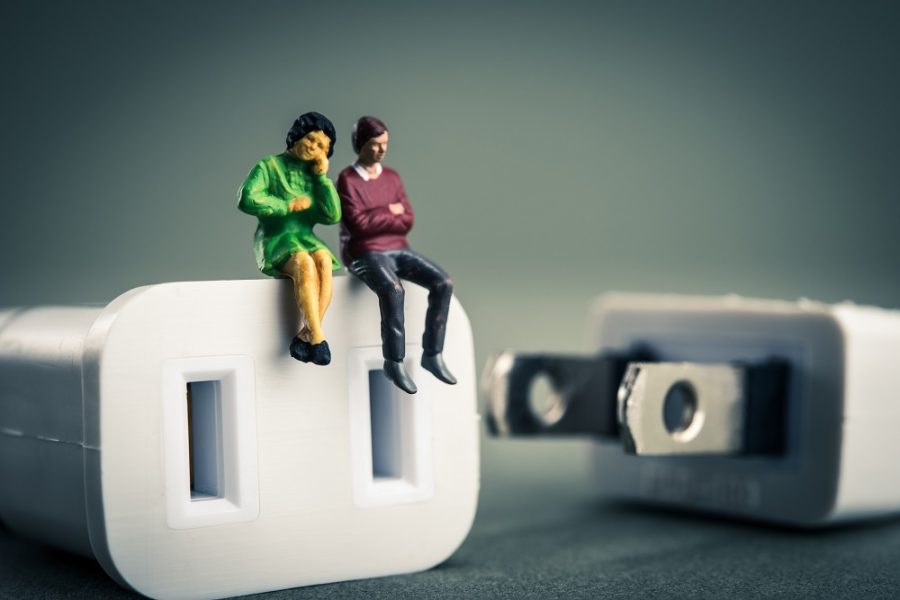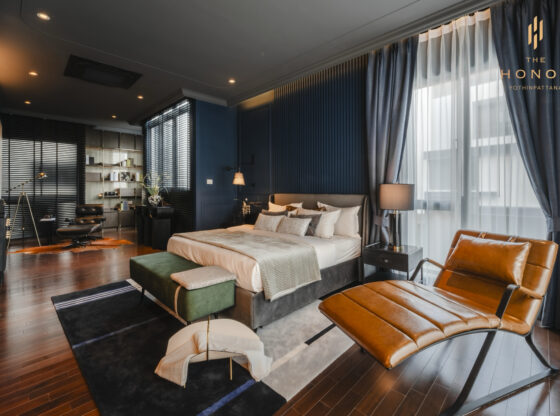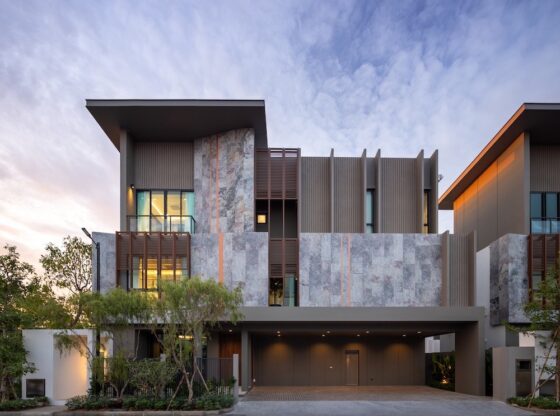![]()
Last issue I touched on some of the more basic elements of what to do and look for in-home inspections as there are no formal inspections required and no disclosures on the part of the seller legally required in Thailand, leaving it up to the buyer to get pro-active and find a knowledgeable friend or contractor to have a closer inspection of the property. These elements were Roof & Insulation, Structural Integrity, Air-Conditioning, General Plumbing & Electric, Paint Issues, and Flooring.
This month I’ll dive a little deeper and look into some issues we’ve come across that you should be keeping an eye out for.
At first glance, a newer home may look tidy and its electrics will look okay with new 3-pronged sockets and a shiny new breaker box. However, all may not be as it seems.
Breaker box

Make sure the breakers (fuses) are rated high enough (amp capacity) for the amount that they’re feeding. Having several air-cons running off one fuse is generally going to spell trouble and it’ll keep flipping. Some builders and contractors skimp on fuses as they’re not cheap and they’ll load them up as much as they can. Also, make sure that everything in the house is running through a breaker. We had a nasty surprise in our house when I discovered the water heater for our master bathroom was running direct to the mains, meaning if there was an issue, there would be no breaker to trip and it’d be lights out for anyone coming in contact with it. Scary stuff.
A Safe-T-Cut system is great to have in conjunction with your breaker box. You can adjust the threshold so that any surges or drops in supply will cut the whole system. Great if you have kids. It’s also handy to have here in Thailand as the power supply has been known to surge and I’ve lost a couple of computers and amps due to this.
Earth/Ground

Just because your electric sockets are 3-pronged doesn’t necessarily mean they’re earthed. Check for a grounding rod or something that gives your electrics a direct physical connection to the Earth.
For safety alone this should be paramount, but also sound quality in stereos and amps it’s a must to get rid of any unwanted buzzing.
Proper Wire Capping/Conduit/Junction Boxes
Taking a look into the ceiling cavity of a Thai house can be a scary prospect for many reasons. Beyond discovering creepy crawlies or rodents, the quality of electrical wiring can quite shocking (sorry). In many, many houses I’ve seen, some of which with selling prices well into double-digit millions, you’ll see electrical wires, usually for lighting, just resting on top of the gypsum and twisted together with electrical tape. Needless to say, this is not lasting and is also very dangerous. Electrical wiring should all be going through conduit fixed to the concrete slab with junction boxes between them and inside these junction boxes the wires should be connected with a plastic cap.
It’s incredible to me how affordable it is to do this correctly and yet so many contractors or the people contracting them for the work skip this over. We were recently involved in a full house renovation where we reworked the entire wiring system for the client. The total cost for a 3 bedroom 200 sqm bungalow to run it all through conduit, junction boxes and capped correctly was under 50,000 THB.
A solid investment.
Funny Smells

This is a very common issue in condo buildings, particularly in units that aren’t well occupied – smells coming up through the drains. In this very hot climate, drains and pipes that get dried up often end up with a bit of a stink. Usually, it goes away once you run some water through it. However, in a house, these same smells could be a symptom of a bigger issue in that the septic or soak-away system is either full or perhaps failing. It could also mean that the greywater and drains are going to the same place which really isn’t a good sign.
Funny smells outside can also lead to trouble. Again, it could just be a septic tank that needs emptying, or it could actually be cracked or leaking. Look for any soggy ground or cracks in the cement around the septic tank areas.
Soggy ground from a water leak can also give off a bit of a smell. This could mean broken pipes underground. Another easy way to check for this is if the water pump is running a lot, even when no one is using any water in the house.
Check All Appliances and Fixtures
Especially when things look new we assume them to be in good working order so we don’t always check them. Turn on everything and make sure they all work – ovens, hobs, hoods, air-cons, water heaters, etc. Also, give all the fixtures like faucets and showers a test run, and also give them a good wiggle to make sure they’re still installed properly. Check all doors to make sure they’re closing properly with no big gaps at top or bottom and make sure the handles are secure and locks working. Test the gate and motor (if applicable). Turn on all the ceiling fans. Check all the TVs, stereos, etc. and test all remotes. All sounds very basic, I know, but even I’ve overlooked such things and had a few surprises after handover.
By Stu Sutton
Stu Sutton is managing director of Jomtien Property and has worked exclusively in the Pattaya/Jomtien real estate market for 16 years.
Please feel free to contact him with any queries, compliments or good jokes at
086 108 6575, [email protected]
or visit Jomtien Property’s website at www.jomtien-property.com












